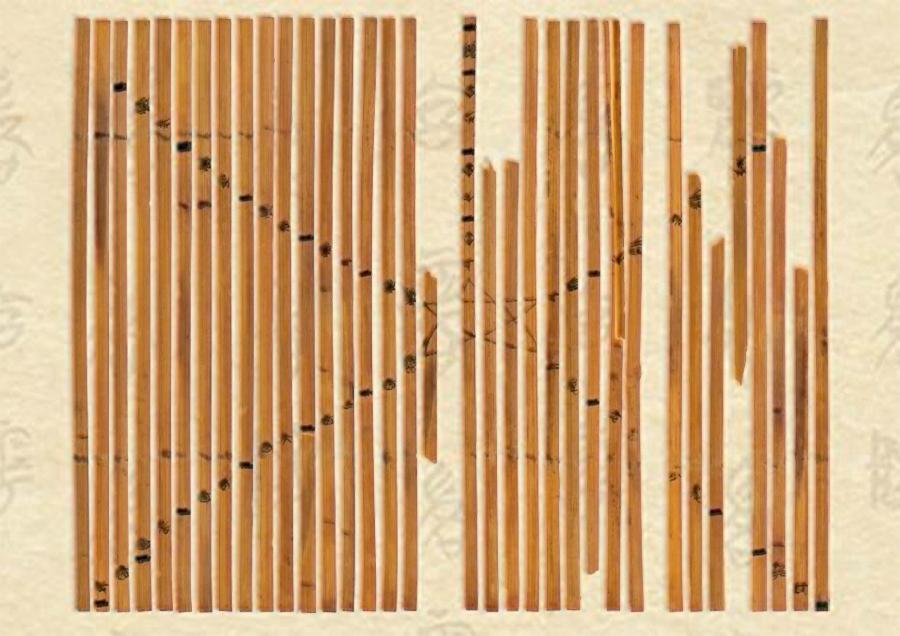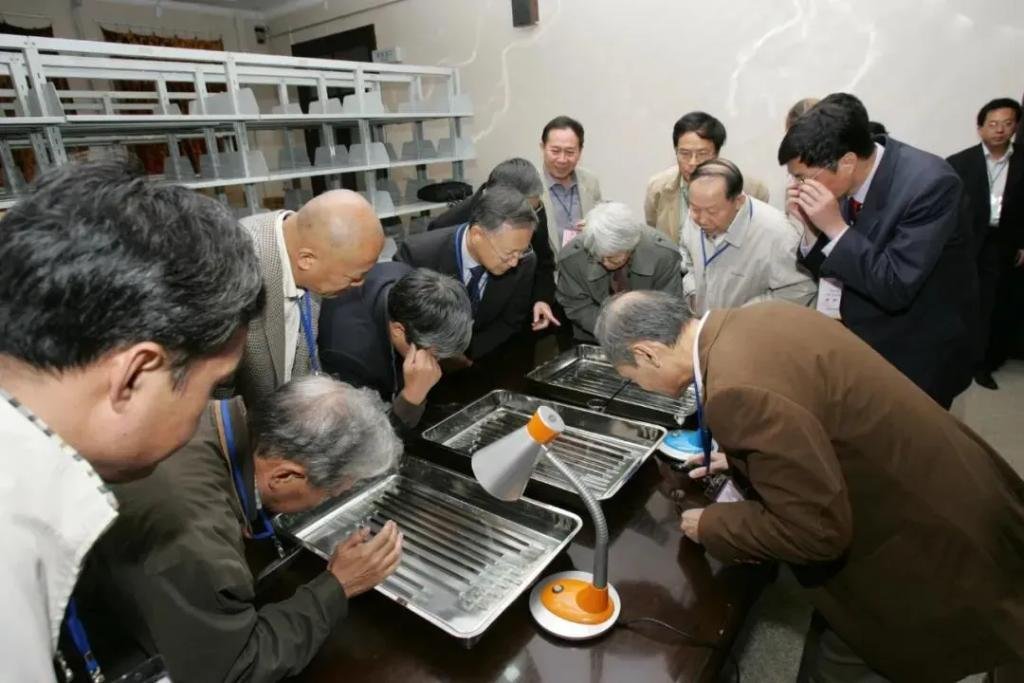Scholars from China’s Tsinghua University have successfully translated and decoded inscriptions on 2,500-year-old bamboo slips, providing valuable perspectives on the ceremonial practices and musical traditions during the Warring States Period (475–221 BCE) and the subsequent Qin Dynasty (221–206 BCE). The results of this extensive research were presented at a press conference on Sunday.

The five sets of bamboo slips, collectively consisting of “Record of Rites of a High Official’s Meal,” “Diagram of Five Tones,” “Music Style,” and “Fear Heaven and Use Body,” are described as “lost classics not found in extant literature.”
According to Huang Dekuan, the director of the Research and Conservation Center for Excavated Texts at Tsinghua University, these texts provide new materials for studying the rites, music, and thoughts of the pre-Qin period.
The most notable discoveries include two ritual books, Dafu shili and Dafu shili ji, comprising 51 and 14 slips, respectively. These texts detail the ceremonial etiquette for high official’s meals, shedding light on the host and guests’ behavior during such occasions.

Huang Dekuan noted the similarity between the bamboo slip texts and “The Book of Etiquette and Ceremonial,” a Chinese classic from the Spring and Autumn period, emphasizing the valuable reference for studying pre-Qin rites, especially those in the Chu region (Hunan and Hubei provinces).
Furthermore, the deciphered bamboo slips include two music books, “Diagram of Five Tones” and “Music Style,” contributing vital materials for the study of China’s early music theory system and pre-Qin music history. The former presents a pentagram with traditional Chinese musical notes, while the latter remains partially unclear but lists names of musical tones in its first part. The fifth document, “Fear Heaven and Use Body,” a 17-slip philosophical work, explores the relationship between Heaven and Man, emphasizing human subjectivity during the Warring States period.
“The text advocates human subjectivity fully, demonstrating the pro-active spirit of the people in the Warring States period and providing new documents for the study of pre-Qin’s thought,” added Huang Dekuan.

The batch of 2,500 bamboo slips, collected by Tsinghua University in 2008, has been meticulously studied by the university’s research team since then. The collated report, spanning 16 volumes, will be published annually, covering various aspects of the discovered historical documents.























